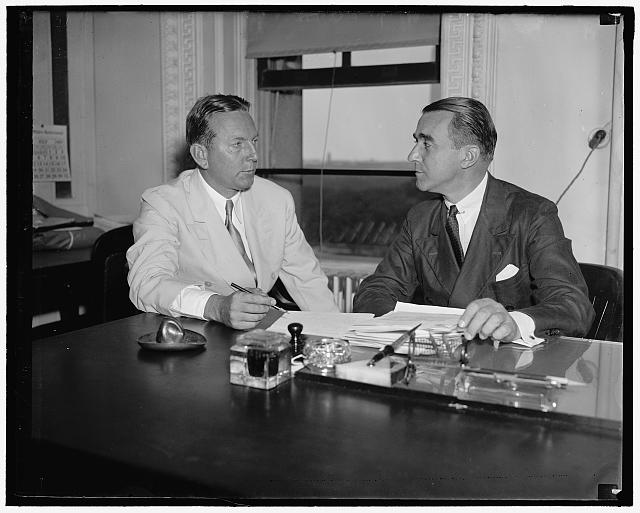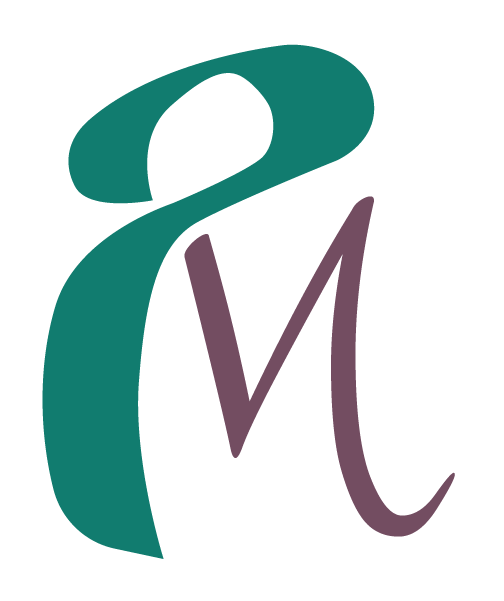Want to Go Pro?

This post is aimed at those who are considering opening a new business, especially those who want to Freelance or be Independent Contractors. This is a place for me to begin sharing what I’m learning since opening my own business in 2017.
Looking Back & Looking Forward
I had been translating for publication since 2009, but I wanted to change my approach to my translation work. It was no longer just a hobby. It was time to take it seriously and to offer my services to a wider range of clients. I was ready to try out new genres and learn new lessons. Now, about a year later, I have worked with a dozen clients on a variety of projects. My portfolio now includes genres such as journalism article, academic article, non-fiction book, contemporary literary essay, legal documents, fiction and poetry, and many others. I even worked in transcription and subtitles.
In addition to translation, I also decided to offer other services (Editing English, Teaching Arabic, and Consulting in Arabic Language & Literature).
**The first step in envisioning your business: **
Ask yourself what would you do if you could do anything?
What is your passion? When are you most oblivious to the passage of time — what are you doing at that time? I selected these services based on my qualifications, interests, and abilities. And I have been pleased to find that there is also demand for these services. Once you know what you want to do, you have many topics to consider. Here are a few:
Time & Space
How do you fit this work into your life? Are you full-time, part-time, or is this a side interest for the time being? Do you do this work from home or from an office outside of the house? You’ll want to consider the tax implications of these choices. Here is an impressively comprehensive list by M. Eta Trabing of considerations pertaining to opening a freelance business. It’s aimed at language specialists, but most of the topics will be useful to freelancers of any industry.
Rates
I find this quote by Seth Godin helpful time after time:
“Successful freelancers need to charge at least double the hourly rate that they’d be happy earning doing full time work. (In many fields, it’s more like 4 or 5x).
And they need to spend at least half their time getting better at their craft (and helping the market understand and appreciate what they do).
Your mileage may vary, but one sure route to becoming an unhappy freelancer is charging just enough and hoping that the low price will keep you busy all the time.”
In the field of translation, I find Chris Durban inspiring in endeavoring to increase the value of my work (see her book, The Prosperous Translator). For explaining to others the value of your work, I listen to Tess Whitty’s Marketing Tips for Translators podcast. If you want to take a course with a professional to help launch your business, consider Corinne McKay’s “Getting Started as a Freelance Translator” (see here), as well as her book, How to Succeed as a Freelance Translator, and the podcast she co-runs, Speaking of Translation, which includes tips for translators at all stages of experience.
Contracts
For all freelancers, see the Freelancers Union Intro to Contracts. If safety is your highest concern, and especially if the work you do puts you and your assets at high risk, then consider consulting a lawyer to help you draft your contract. I did this, and I gained legal knowledge through the process, but I don’t use the contracts we drafted for most of my jobs. Honestly one of the most helpful resources is fellow professionals. Get to know your colleagues and their practices. If not in personal conversations, this can be done through association websites and through attending certain presentations at meetings or conferences.
For translators, see the ATA model contract (intended for commercial translators) and/or the PEN model contract (for literary translators).
Bookkeeping & Taxes
You’ll need a reliable system for keeping track of all your expenses and income, as well as client information, invoices, and payments. For perspective, check out this video by artist Gwenn Seemel on all her business expenses.
Resumes
For translators, I recommend the Speaking of Translation episode: How to write a great translator resume.
Community
For freelancers, join the Freelancers Union. It’s free and provides helpful advice (such as tax tips) and discounts (for moo business cards for example).
Business Audit
Eventually, you’ll probably have to schedule time at regular intervals for reviewing your business. Here’s a helpful podcast episode for thinking about the different aspects of your business: https://smarthabitsfortranslators.com/podcast-episodes/49
Professional Development
Read widely. I recommend following Seth Godin (or even take his freelancer course at UDemy).
Additional Resources
Book: Working for Yourself: Law and Taxes for Independent Contractors, Freelancers & Consultants by Stephen Fishman, J.D., NOLO Press, 2011.
You can meet with a local mentor for free business advice from here:https://ri.score.org/
You can attend a workshop, meet individually with an adviser, or at least know about the Small Business Development Center. In my case, the RI Small Business Development Center is located at URI:https://www.risbdc.org/events.aspx
When you open your business, especially for translation/interpreting, look through this comprehensive article (list of questions) and think through your own situation. I find it so helpful that I return to it every January during my annual review process.
Above image courtesy of the Library of Congress. About Image.
